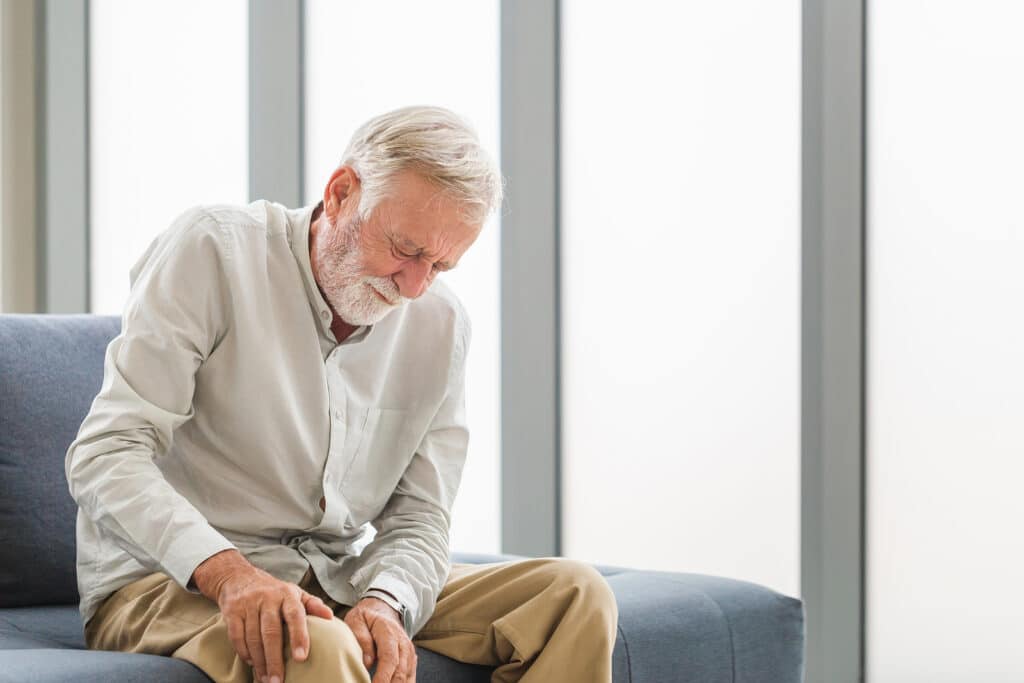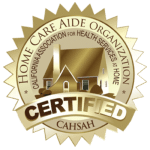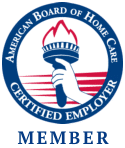Elderly Care: Unfortunately, there are many senior citizens who struggle with hip and knee pain.
Sometimes, the pain is just associated with being older. Other times, there are physical health conditions that cause this type of pain. Either way, there are some tips that you and your elderly care provider can help with the reduction of hip and/or knee pain for your senior.
Use of Medications
There are many different medications that can be taken to help ease or get rid of hip and knee pain. Some of the options include:
- Over-the-counter anti-inflammatories
- Over-the-counter pain relief medications
- Prescription anti-inflammatories, muscle relaxers, and pain medications
If your elderly loved one does experience hip or knee pain, you or an elderly care provider should have them see their doctor. After doing proper assessments and testing (if needed), the doctor can recommend or prescribe the medications that would be best for your elderly loved one.
Regular Exercise
Many senior citizens stop or just don’t exercise if they experience hip or knee pain. However, studies show that when someone experiences this type of pain, it is best if they do participate in regular exercise. Some of the reasons why regular exercise is important in reducing hip and knee pain include:
- Reducing muscle and bone-related pain
- Improving strength
- Slowing down bone loss
- Reducing tension in muscles surrounding the hips and knees
These are some of the reasons why you and senior care providers should convince your elderly loved one to do regular exercise. Hopefully, after a few sessions of exercising, your elderly loved one will start to feel better.
Weight Loss
Did you know that even five extra pounds of being overweight can cause hip and knee pain? It may not seem like a lot, but when that extra weight is on the body, it does put excess pressure on the hips and knees. If your elderly loved one is overweight, even by only a few pounds, it is recommended for them to lose a bit of weight. Once they get to a healthier weight, that should reduce some of their hip and knee pain.
Elderly Care: Conclusion
These are some of the ways that your elderly loved one can reduce or even prevent hip and knee pain. If they are struggling to manage this type of pain, make sure you or an elderly care provider take them back to see their doctor. There may be other treatments the doctor can order to help reduce this pain.
If you or an aging loved one are considering Elderly Care in Rancho Santa Fe, CA, please contact the caring staff at Canaan Home Care today!
1-844-CANAAN-1 (1-844-226-2261)
Sources
https://www.ncbi.nlm.nih.gov/pmc/articles/PMC5074793/
https://www.cdc.gov/arthritis/basics/management.htm
- Reduce Clutter and Reduce Stress This Spring - April 23, 2025
- Sight Issues Your Loved One With Alzheimer’s Disease May Experience - April 15, 2025
- Ways Respite Care Will Benefit Your Senior - April 9, 2025





